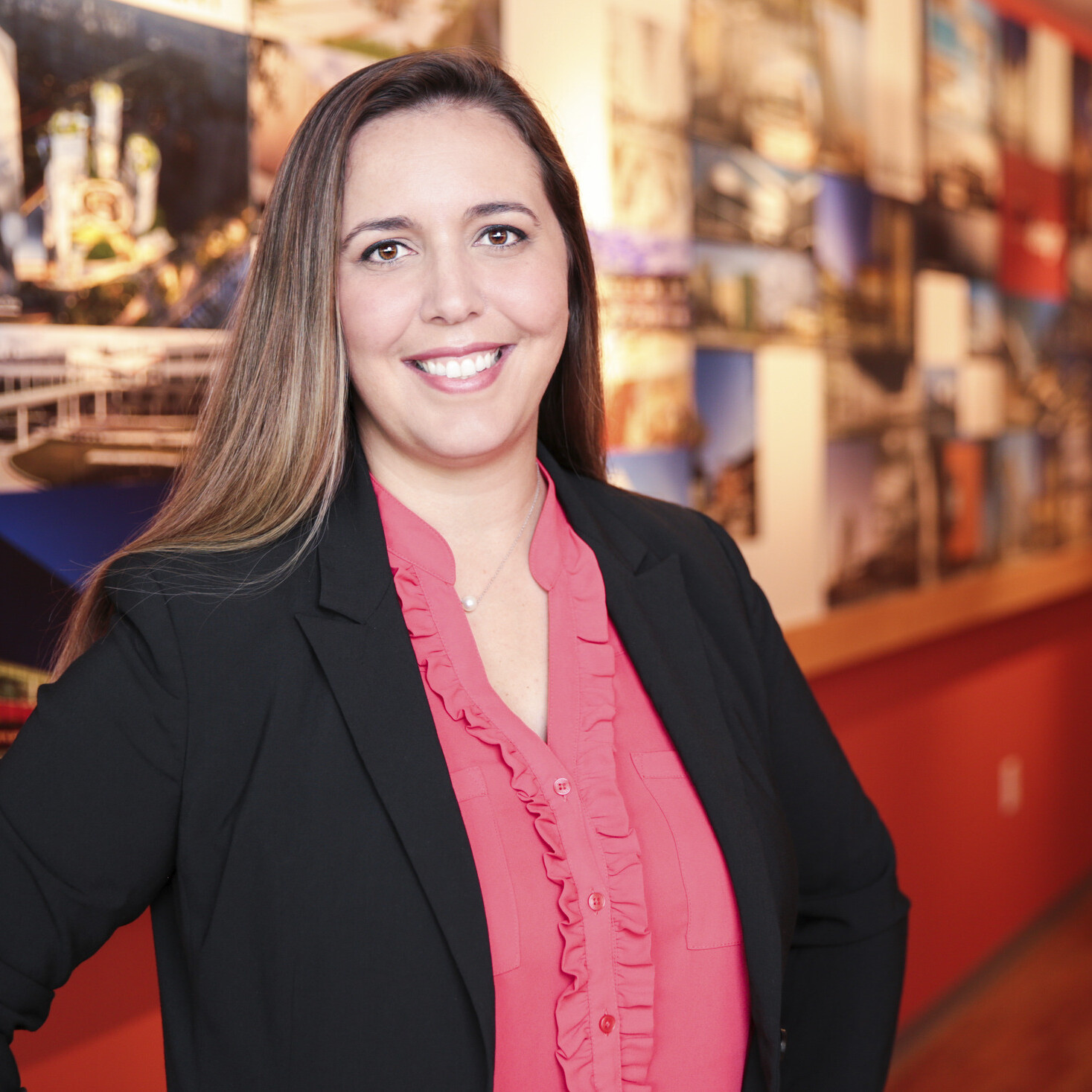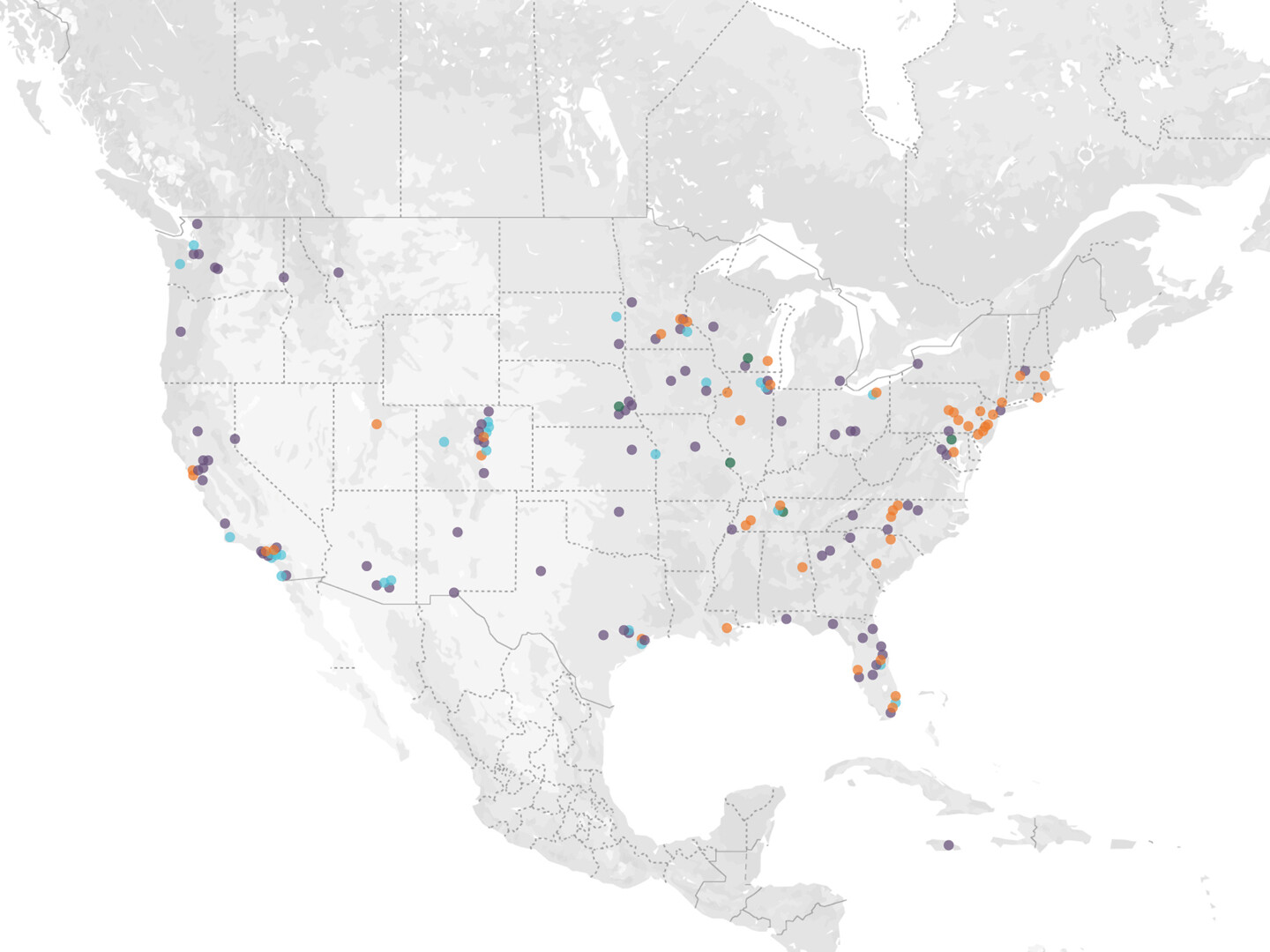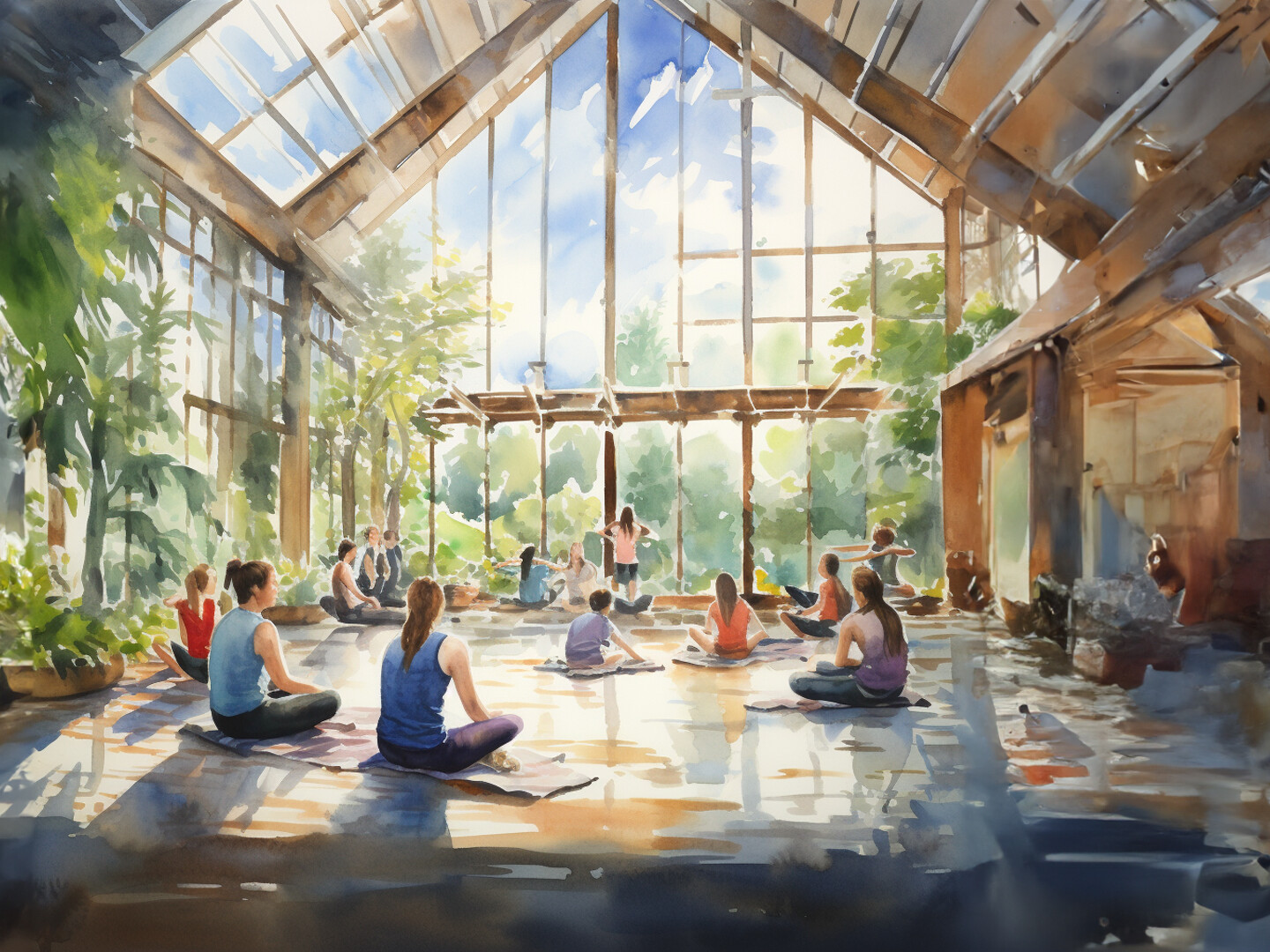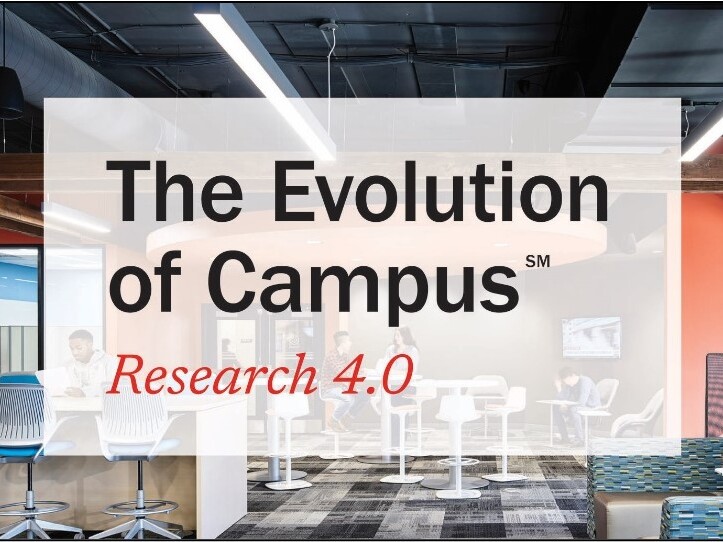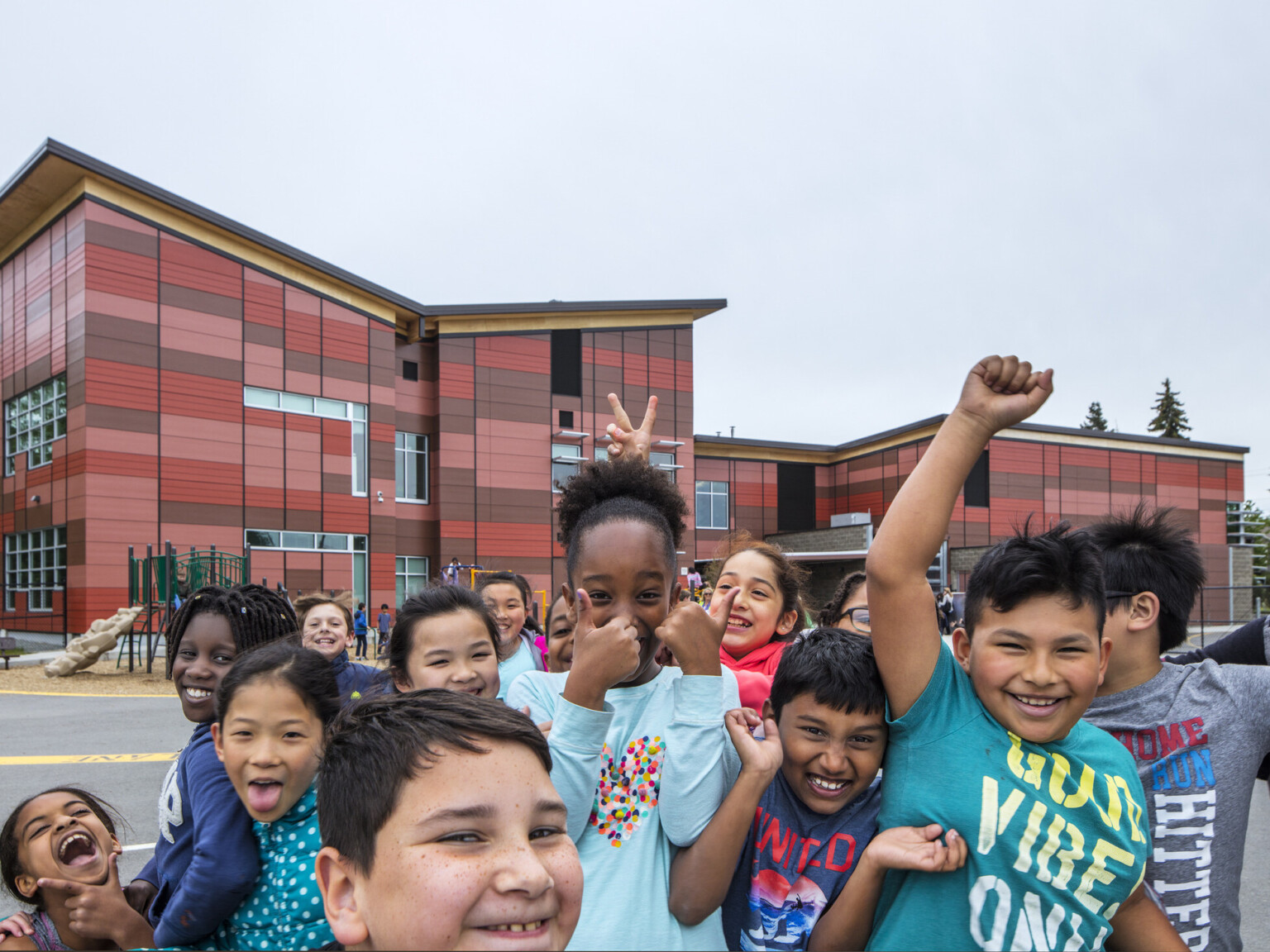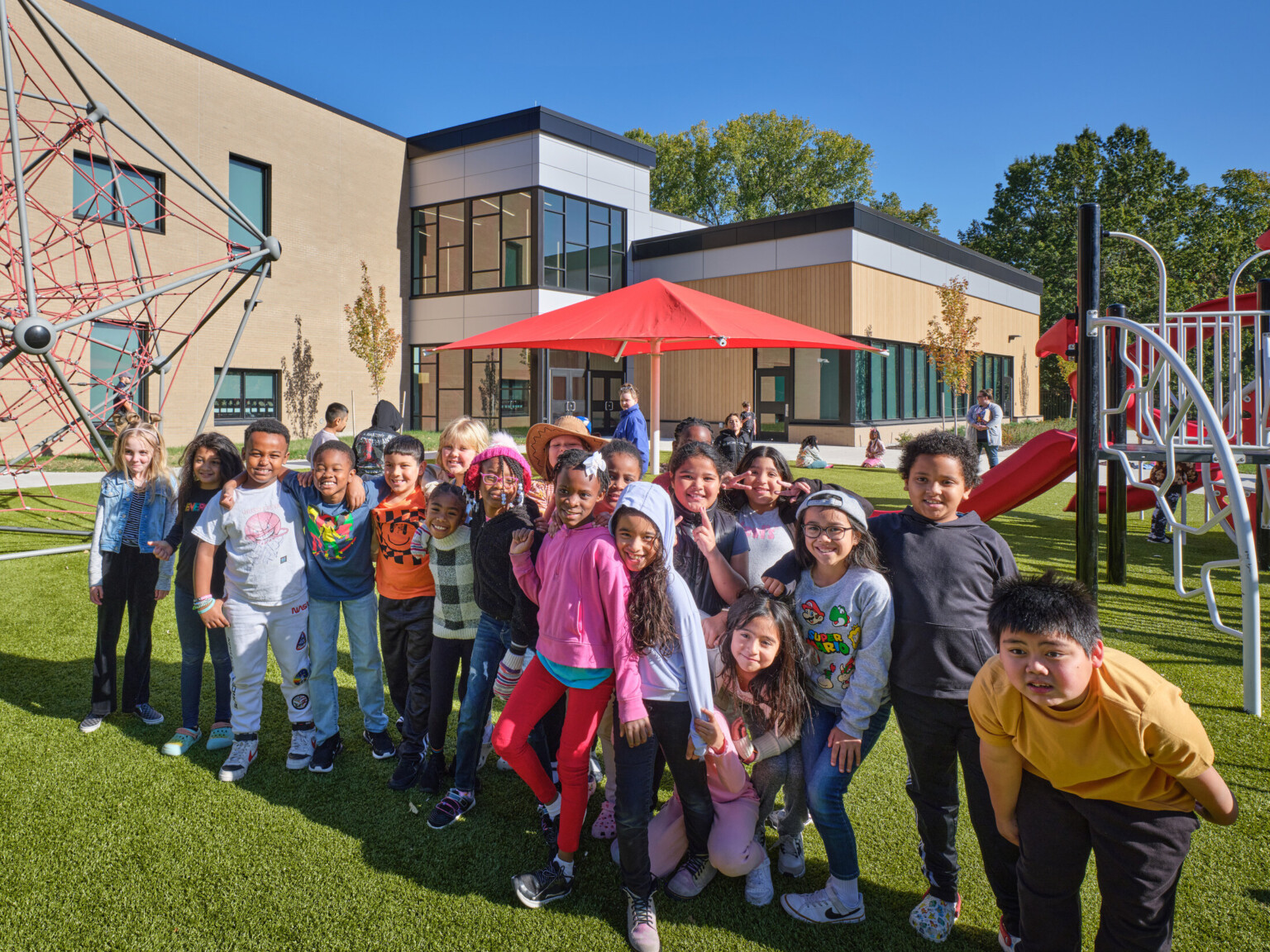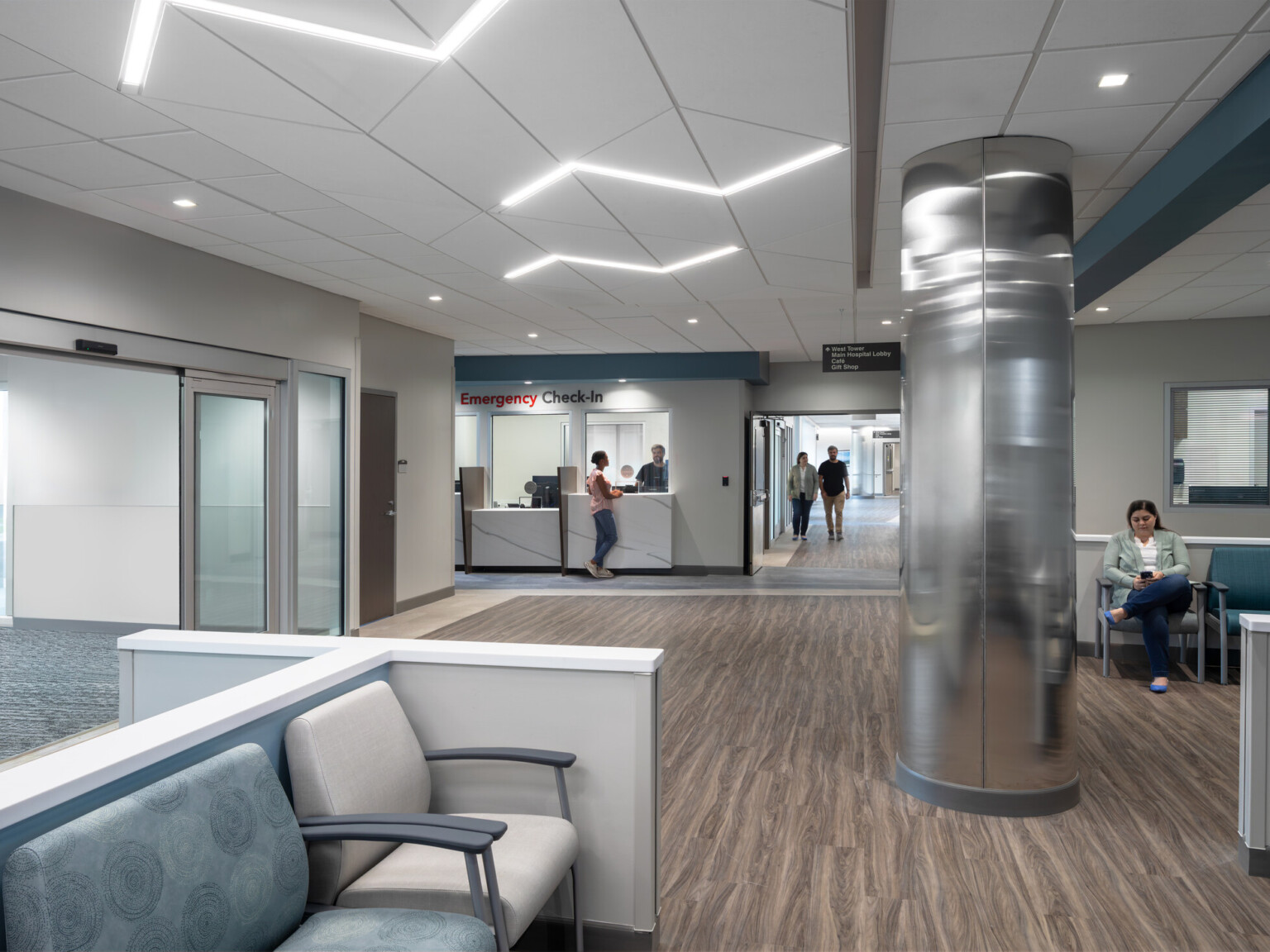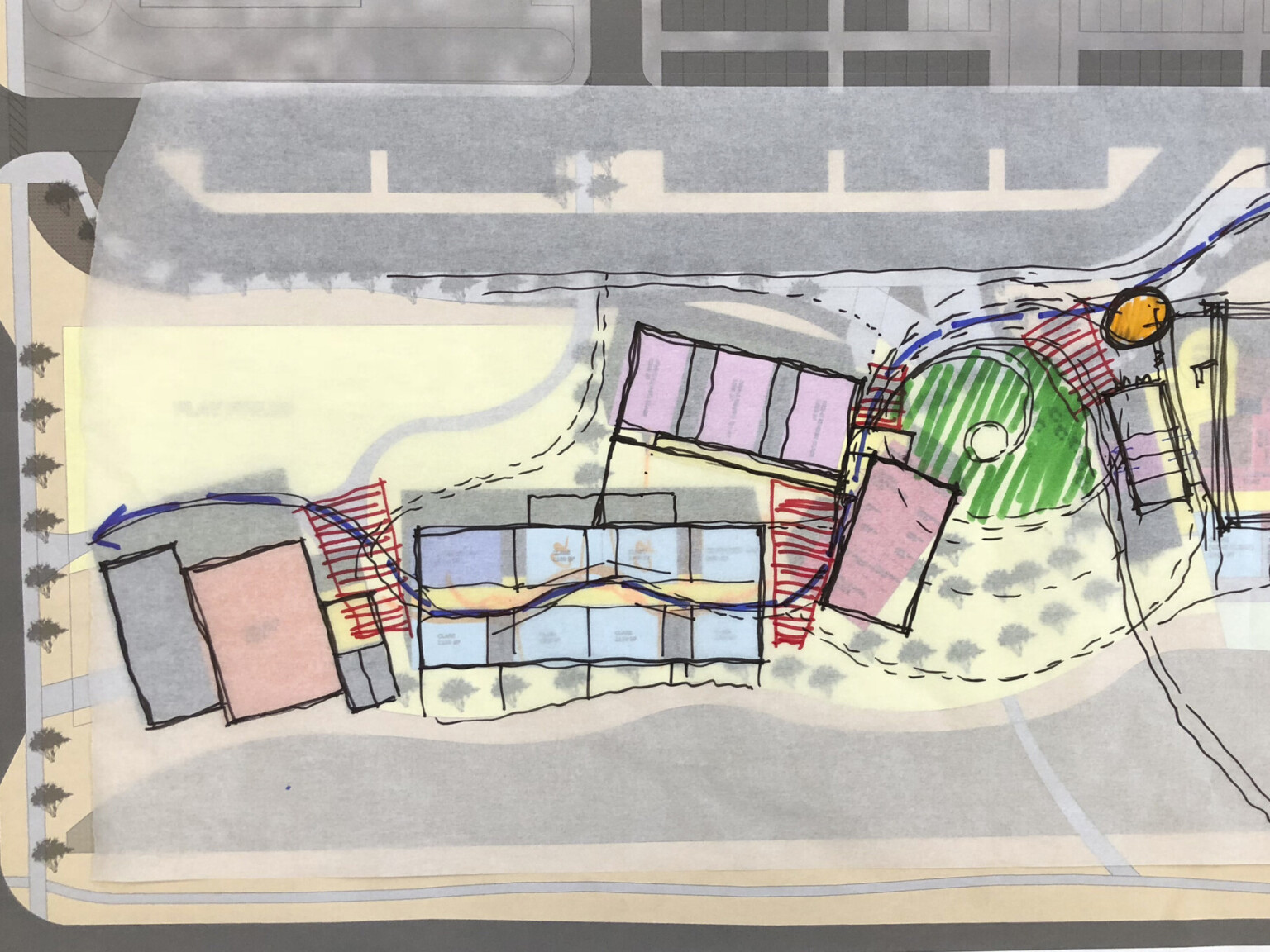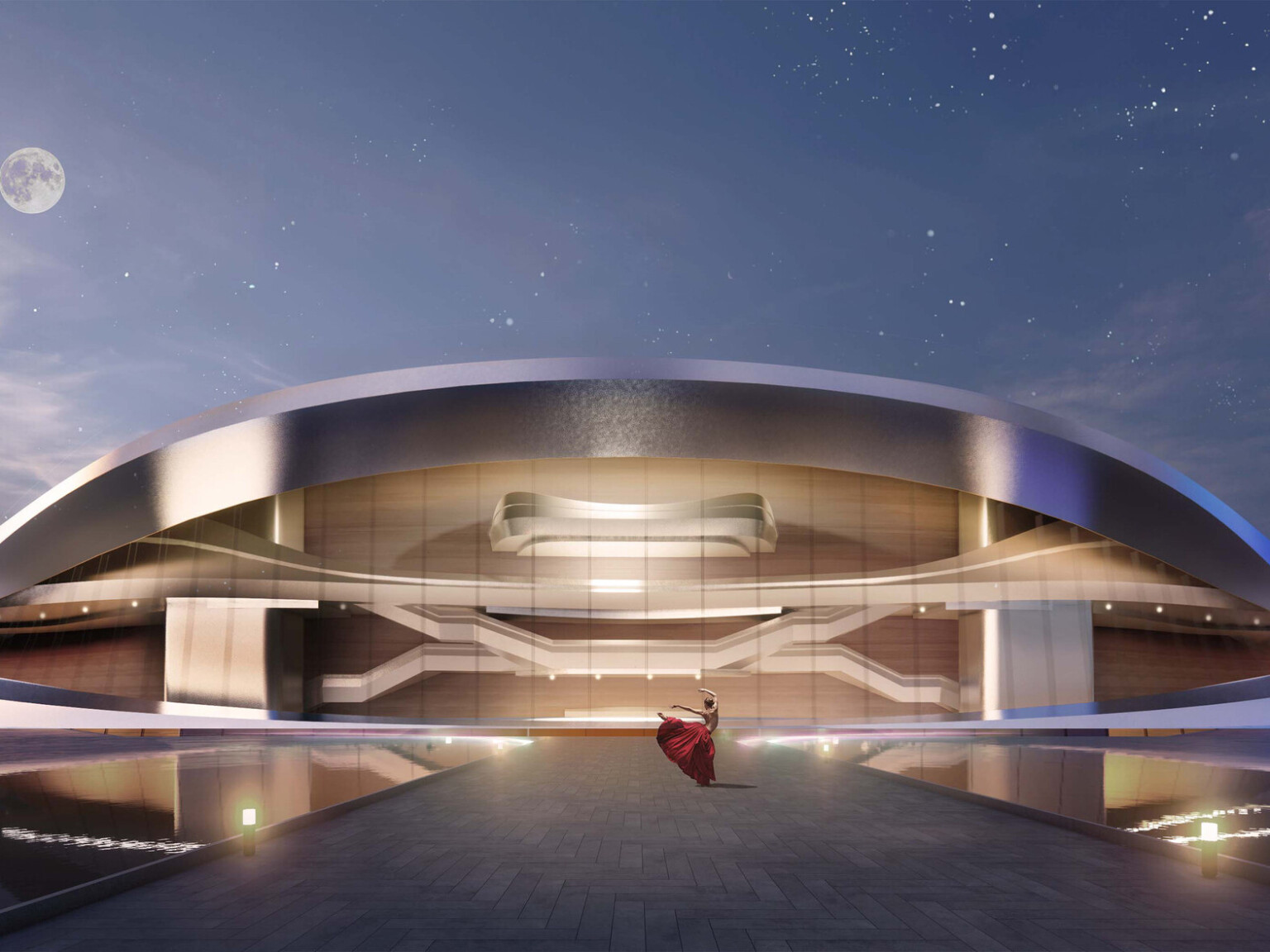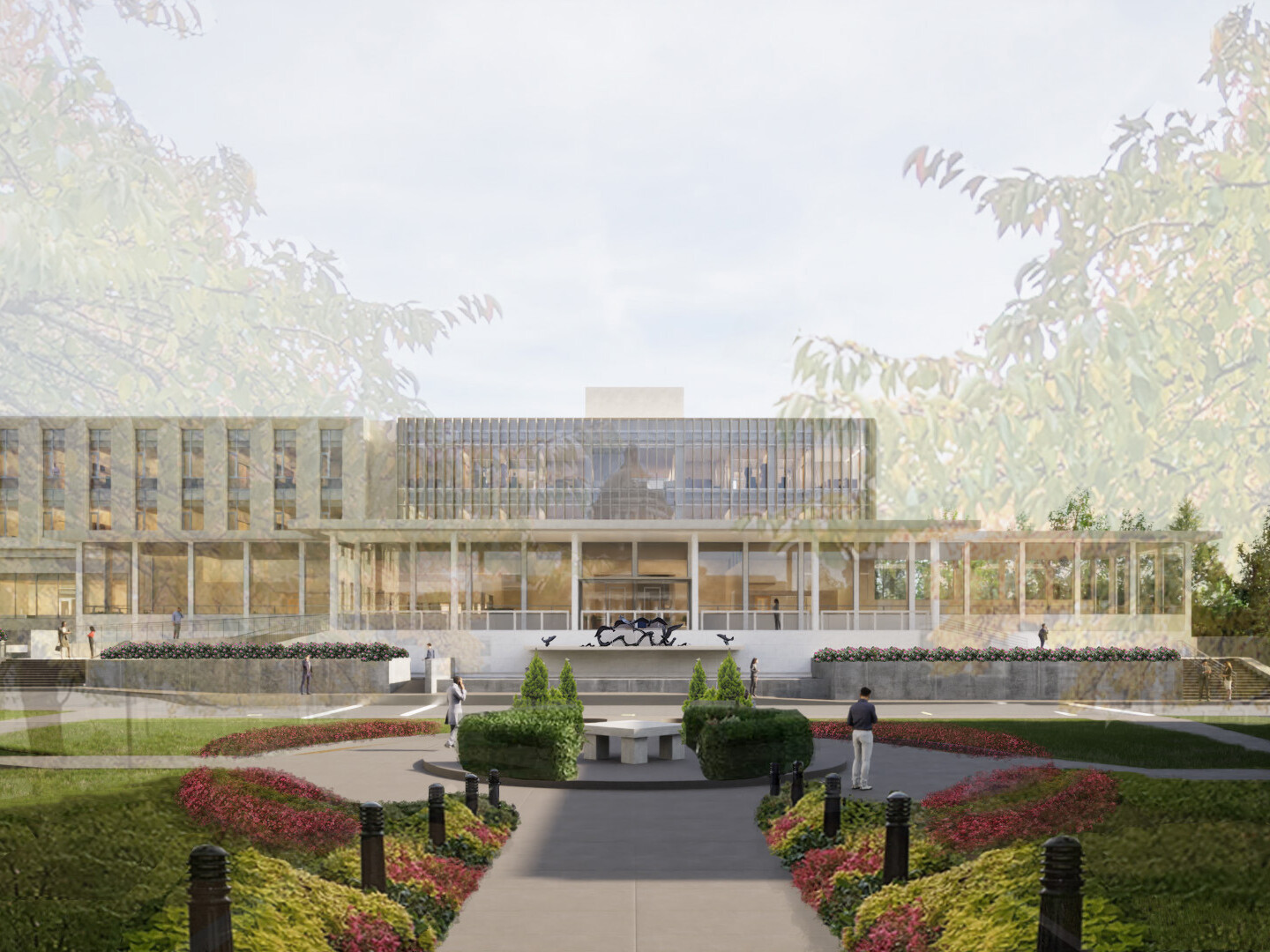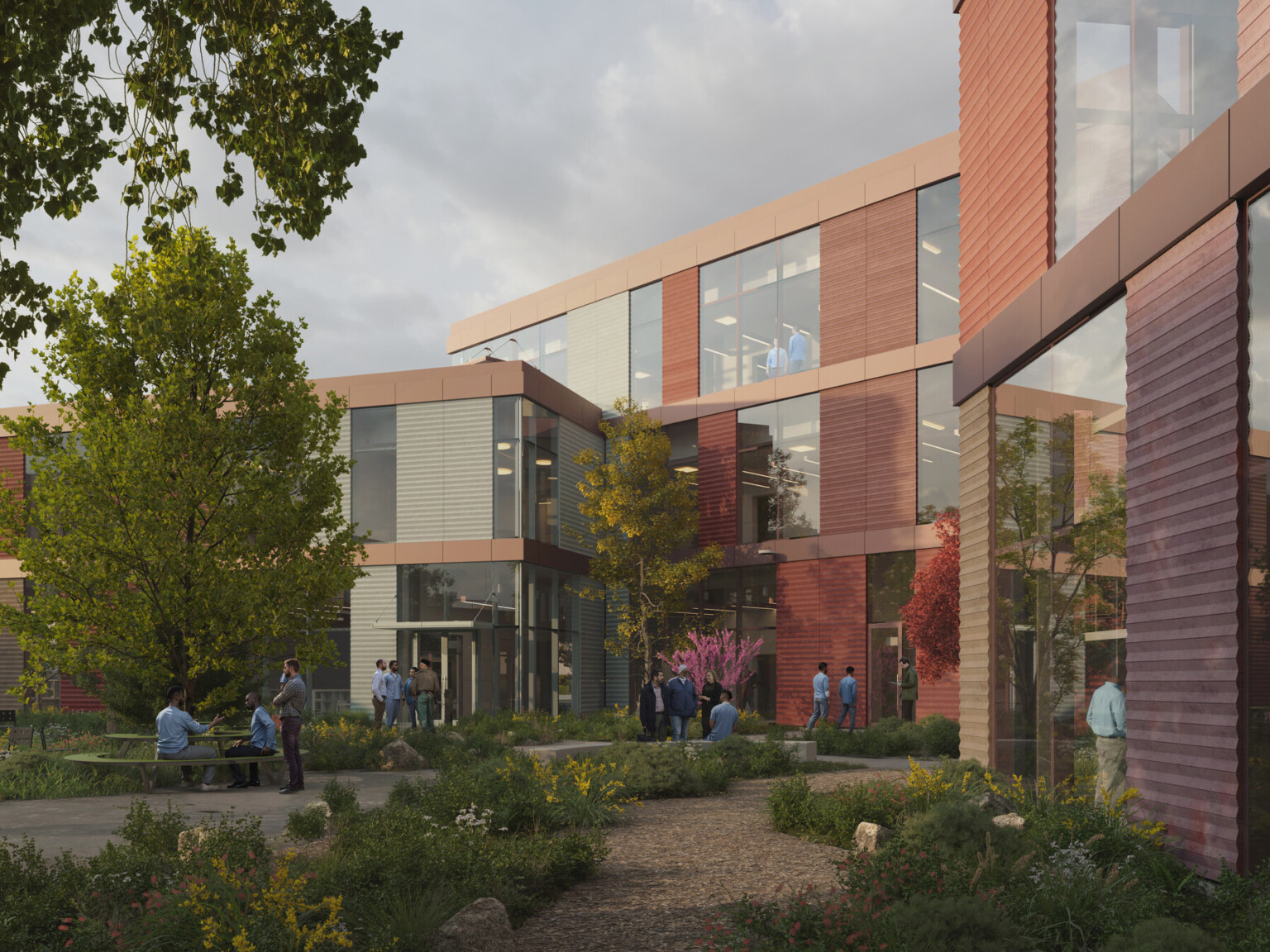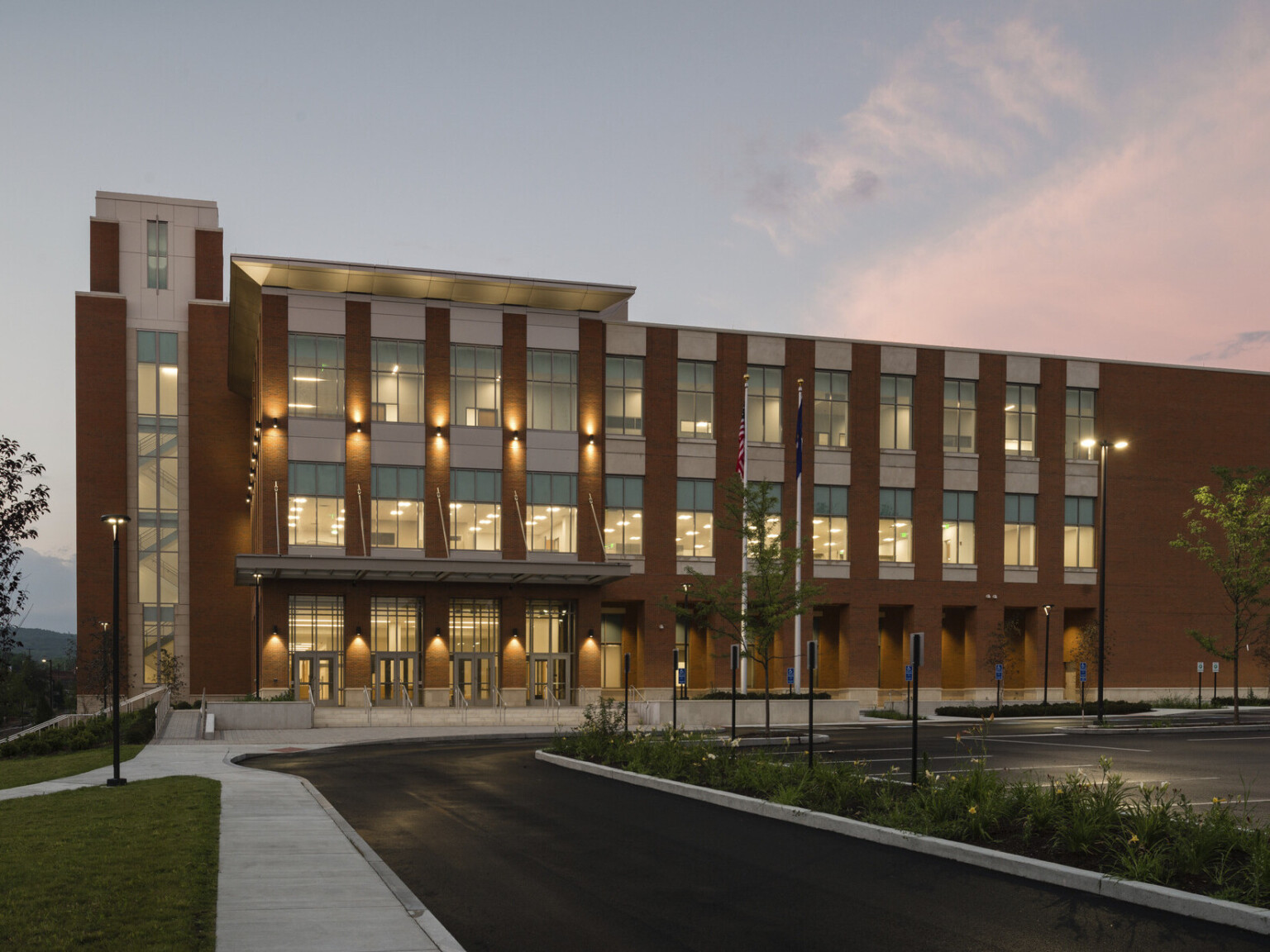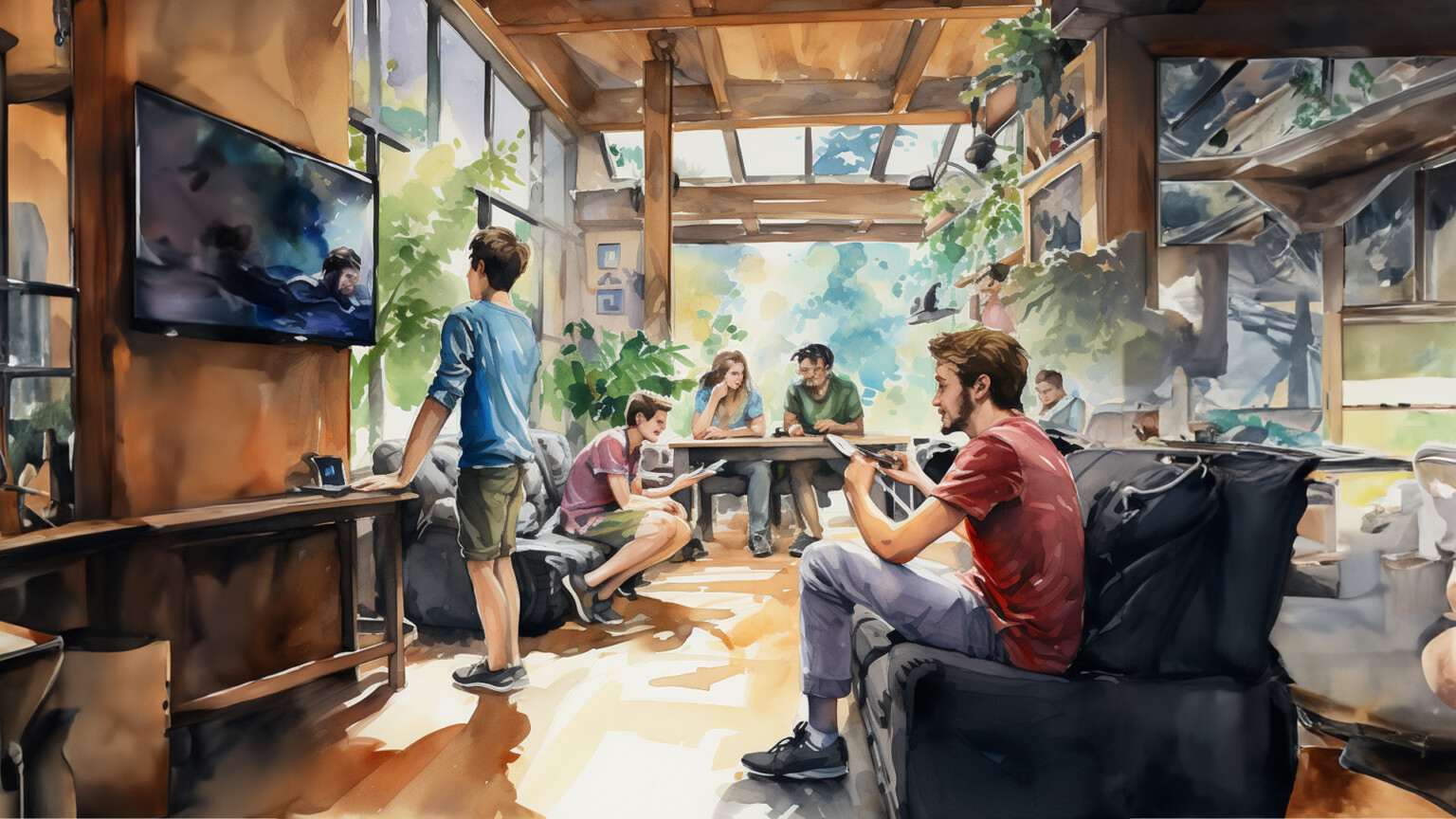
Addressing Wellbeing Needs for Every Student
Through Evolution of Campus 4.0, and our broader efforts in higher education design, it has become evident that an important part to that comprehensive success resides in meeting the growing demand for spaces that maximize inclusivity and can offer comfort to non-traditional students. A spatial strategy that extends beyond meeting the needs of academic success/wellness but encompasses facilities like on-campus daycare for student-parents, LGBTQ+ centers providing a secure environment for students to express their whole selves, dedicated spaces for students to come together and celebrate their culture, financial service hubs for those seeking assistance, designated areas for meditation, quiet, and even prayer and more. While these spaces were once predominantly found in community and state colleges, there is now a pressing need for them even in four-year public and private institutions as our campus communities have evolved across all institution types. This shift underscores the essential principle that higher education is meant to serve everyone.
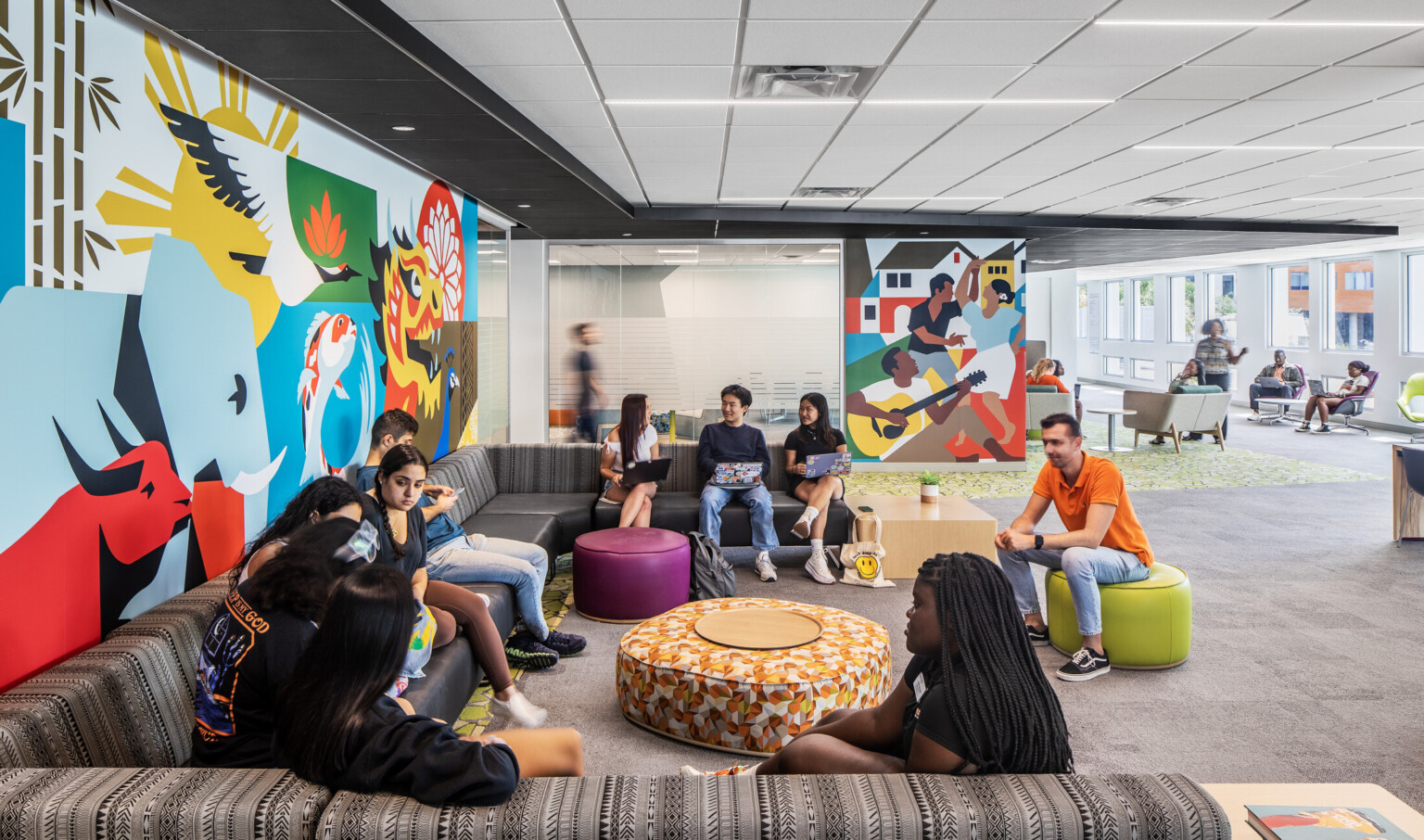
We recently worked with the University of Miami on their Whitten Center 2nd floor student multi-cultural village renovation. The space is home to offices and suites that represent a vast array of students, including the Veterans Resource Center, the LGBTQ+ Student Center, and the Office of Multicultural Student Affairs. Through an extensive process of engagement with both students and staff, our team collaborated closely with the university to reimagine and prioritize the purpose of these spaces. The goal was to create an environment that engaged ALL students through vibrancy, areas promoting collaboration, functional spaces for academic and organizational focus, and welcoming aesthetics that mirrored the diverse range of student groups that call the campus home.
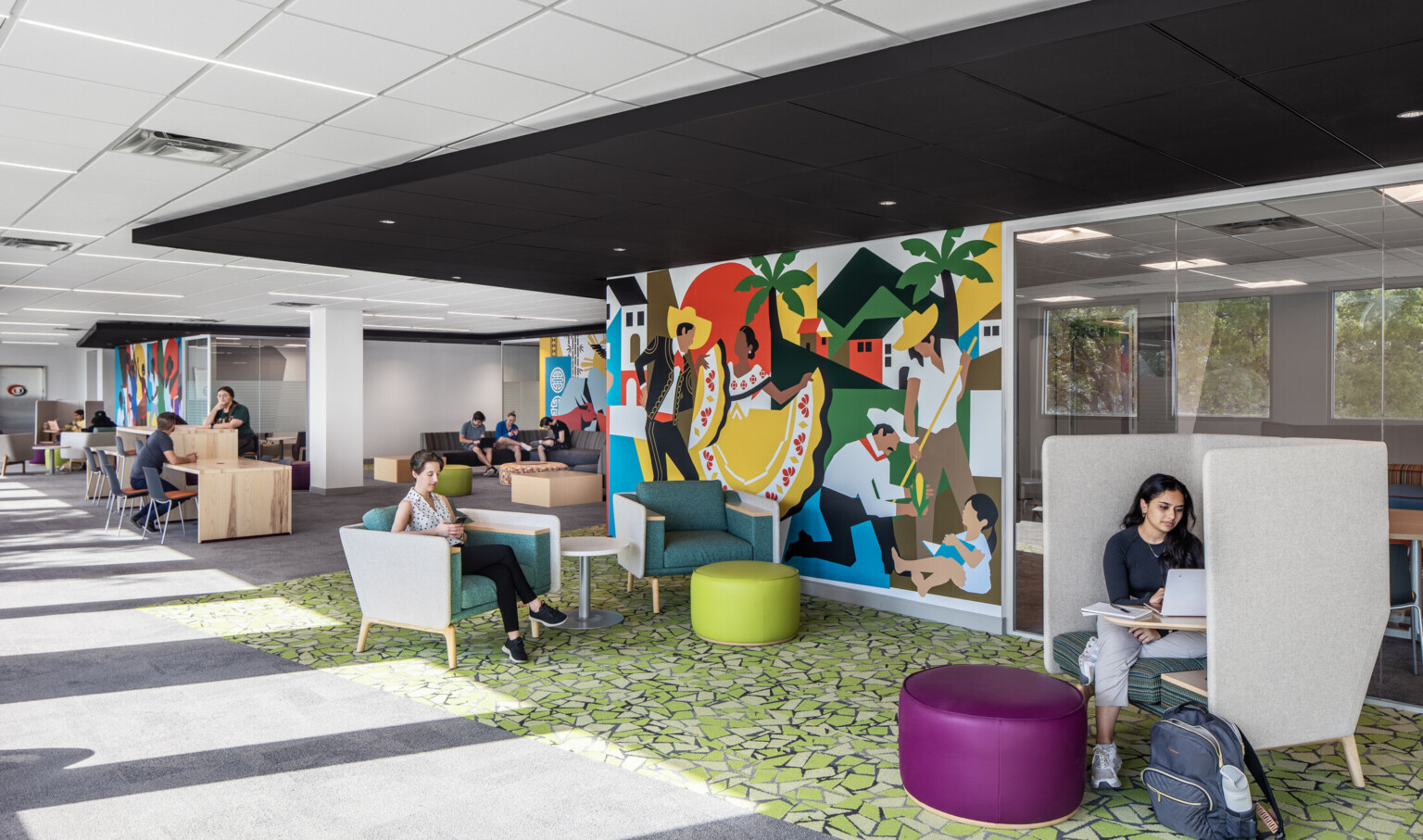
It’s important to recognize that the higher education setting is designed to equip and launch students into a new chapter of life post-graduation. By honoring their identities at the campus level and creating spaces for them to find comfort and connect with like-minded peers but also to have casual collisions with a diverse set of fellow students in a setting that encourages respectful representation and cross-dialogue, we empower them to step into the world with greater confidence, assurance, and respect for others than they might have had otherwise. These spaces serve not only to celebrate the unique qualities of each student but also play a vital role in enhancing the overall wellbeing of the campus community.
To receive ideas like this directly to your inbox, subscribe to our email list.
